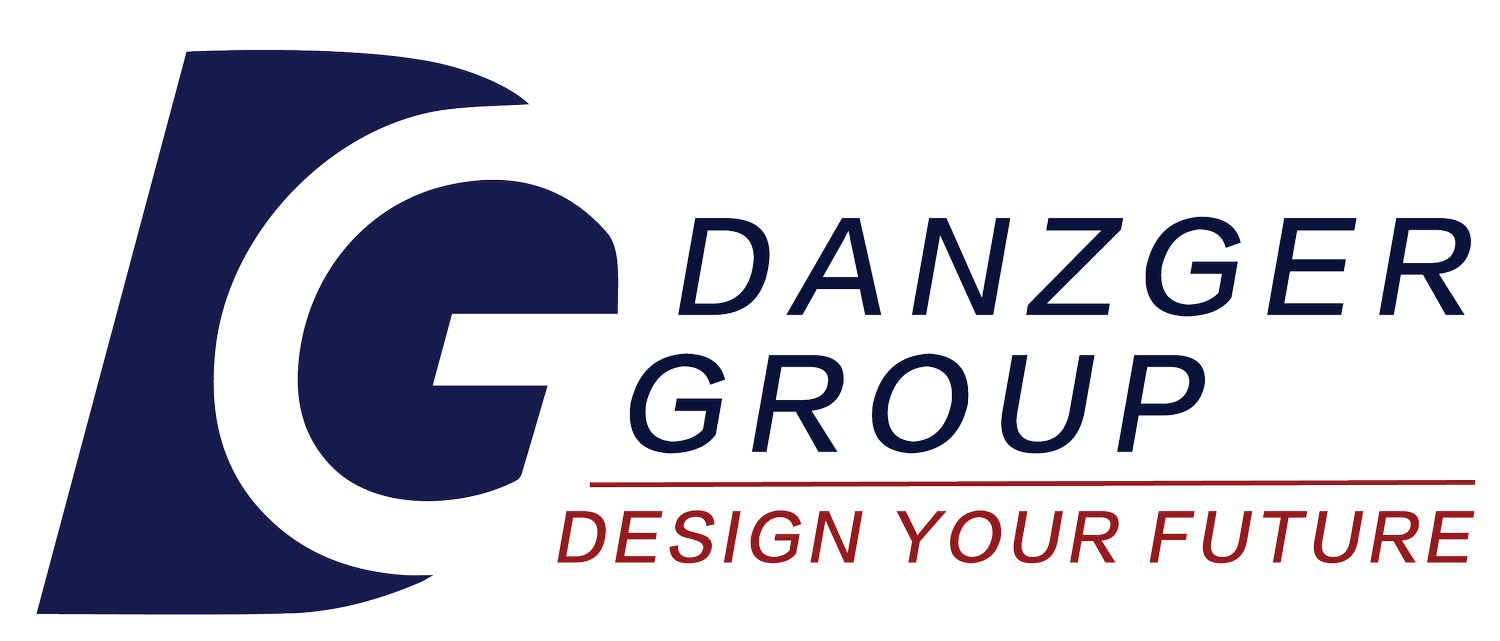WCT #70: Turning 'No' into Next: Strategies for Overcoming Job Search Rejection
Three Minute Read
If you're not yet subscribed, click here or the subscribe button below and get concrete, actionable tips and insights every Saturday to help you land great jobs and level up your career game.
Receiving that rejection email or phone call after a job application can feel like a punch to the gut. It's a universal experience in the job search journey, and while it's not pleasant, it is an inevitable part of the process. In this newsletter, I'll dive into why you may be rejected, how you can cope with it, and ways to reduce the chances of it happening.
Why Might You Be Rejected?
1. Fierce Competition: The job market is highly competitive, with numerous candidates vying for limited positions. Rejections can occur simply due to the overwhelming number of applicants. So it may not be you. It may just be bad luck in a particular case.
2. Mismatched Skills or Experience: Sometimes, the hiring team is seeking a specific set of skills or experience that may not align with your qualifications. It's not a reflection of your abilities but a matter of fit.
3. Internal Factors: Budget constraints, changes in company priorities, restructuring, or changes in personnel (e.g., your prospective boss resigns) can lead to unexpected rejections, even if you were an ideal candidate.
4. Lack of Cultural Alignment: Companies often prioritize cultural fit. If your values don't align with the organization's, it might result in rejection.
5. Interview Performance: Your interview performance, including communication skills and cultural awareness, plays a pivotal role. A less-than-optimal interview can lead to rejection.
How Can You Cope With Rejection? Some Strategies:
1. Embrace Resilience: Rejections are tough, but cultivating resilience is key. View them as redirection rather than failure. It's a chance to learn and improve.
2. Seek Feedback: Don't hesitate to ask for feedback. Constructive criticism can be a valuable guide for enhancing your future applications and interviews. Sadly, some companies may be reluctant to offer feedback for fear of legal repercussions. But it never hurts to ask. And, sometimes, third-party recruiters may be more forthcoming with feedback than the hiring companies themselves.
3. Build a Support System: Share your experiences with friends, family, or a mentor. Having a support system can provide emotional reinforcement and valuable insights.
4. Stay Positive: Maintain a positive mindset. Celebrate small victories and focus on the progress you've made. Positivity fuels resilience.
How Can You Reduce the Likelihood of Rejection?
1. Targeted Applications: Perhaps you’re getting rejected because you’re applying to things that don’t align with your strengths and interests. Focus on roles where your skills and experience align closely. Quality over quantity can reduce the likelihood of misfit.
2. Networking: Leverage professional networks to gain insights into company culture and job requirements. Networking can open doors and make your application stand out. It’s very powerful to have an advocate within a company you are interested in.
3. Continuous Learning: Your skills may not be what today’s employers seek. Stay updated with industry trends and invest in continuous learning. If you’re a technologist, ensure you’re proficient in the languages and frameworks in demand. A well-equipped skill set makes you a more attractive candidate.
4. Polish your interviewing skills: Often, a job goes not to the person best equipped to do it but rather to the person who is the best communicator. Practice makes perfect in interviewing. Engage in some role play or record yourself responding to common interview questions. With a little practice, you'll find that responses come across more smoothly and naturally.
5. Strategic Follow-ups: Send thoughtful follow-up emails after an application or interview. Express your continued interest and inquire about the status. It demonstrates enthusiasm.
6. Get Professional Assistance: Having someone in your corner when executing a job search is often valuable. By working with a career coach, especially someone experienced in your field, you can give yourself a competitive edge.
The Bottom Line
Job search rejection is part of the journey, but how you handle it defines your success. Embrace it as a stepping stone, not a stumbling block. Seek feedback, adjust your strategy, and build a robust support system. By understanding the reasons behind rejection and implementing coping strategies, you can navigate this challenging aspect of your career journey more effectively. Remember, rejection is not the end but a redirection toward the right opportunity.
I coach and advise people to land amazing jobs and manage their career journeys. Learn more about my career coaching and contact me or request a free 30-minute Career Solutions Call.

